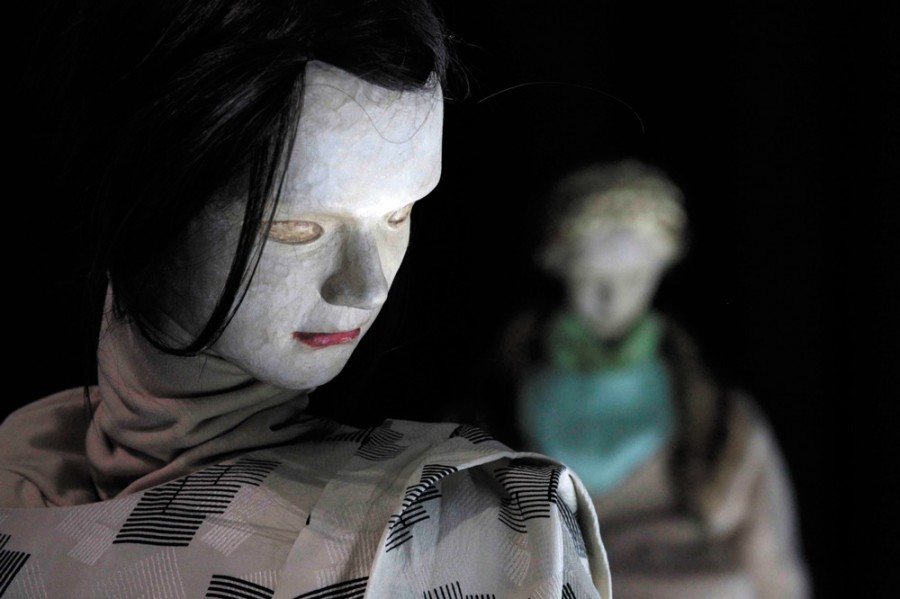
3rd part: destiny
The man comes down from the tree. Man, like the tree, is defined both by its roots and by its fruits. Man, like the tree, depends on external and internal elements to reach maturity. Man resembles this trunk sculpted by hardship, leaning on its roots and bearing more or less beautiful, more or less good fruit… The resemblances between the plant world and man are endless. From the water that nourishes the roots, to the sun watering the fruits, to the oxygen exuded by the leaves, all this life that rushes in and circulates reminds us in an irremissible way of the human condition. The tree is a metaphor for the family. From the seedling to the fruits and leaves, a metaphor for the history of man and the family develops. Which evil fairies presided over the birth of the Labdacides family from which Antigone descends? Any fine conscience these days would see it as a calamity and a pathological explanation for Antigone's decisions. How does this little Antigone become this heroic fruit by being born on a trunk so full of stigmata and bruises? Destiny blows and guides this family in an uninterrupted and obtuse way and, suddenly, Antigone frees herself from this straitjacket, frees her whole family from this straitjacket, she undoes the straitjacket, and completes the dismissal of destiny. What a miracle! From a distance, clinging to their branch, two leaves always seem identical, yet you just have to approach to see how much they differ. Continue reading “Antigone, rebellious and intimate (3/7. Destiny)”




